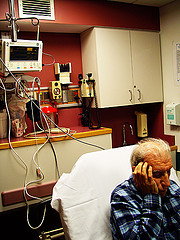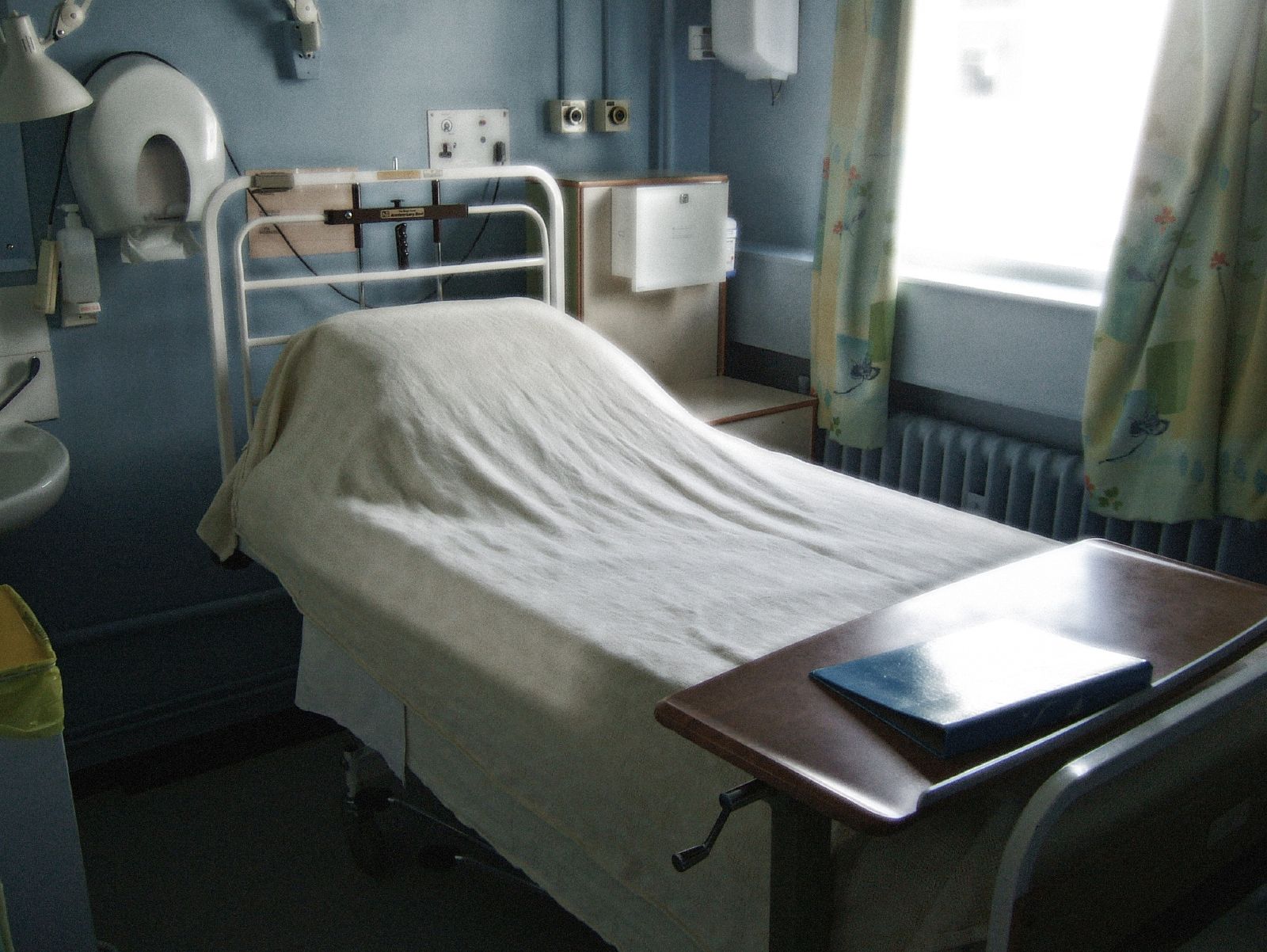As the MSPress Executive Board transitions, we bring you a post from past! Enjoy the work of one of our emeritus writers, Sara Rendell.
I am a medical student because I love questions. After a blood vessel takes a punch, what causes the platelet pile-up? What makes people blink, gag, cough, or sneeze? Why is cat litter as scary as alcohol for a pregnant woman?
Some medical questions are unanswered. Yet, science promises progress. With enough grant-funded work in labs and clinics, scientists can describe new diseases. Medicine will show where illness happens, researchers will explain how it happens, and epidemiologists will predict who it is more likely to happen to and when it could happen to them. Even with all of this knowledge, there is one question I do not expect my medical training to answer.
While I go to lectures, practice interview skills, and learn how to diagnose and prescribe, people endure pain, distress, and loss, and I can’t explain why. Why do people suffer?

I can look to people who suffer for answers. It is not hard to find written first-person narratives of suffering. In these narratives, protagonists are often cast in two roles: the suffering fighter and the wise sufferer.
As Kathlyn Conway discusses in her essay, “The Cultural Story of Triumph”, the narrative of a “suffering” fighter dominates over other stories of illness. Illness becomes a journey to physical cure. Where physical cure is not possible, illness is cast as a path to wisdom, a form of moral development. The patient becomes a traveler who should somehow be “uncomplaining, strong, and brave” on this journey (Conway, 2007).
“Illness is a chance to show us your guns and triumph!” the medical culture seems to say.
If society expects sick people to be “fighters” what else do we expect from them? I think of S, a 62-year old woman with osteosarcoma, who put on lipstick while her skin was sinking deeper into the spaces between her bones. “Can’t let this cancer make me ugly honey,” she said as she applied her makeup in the mirror. What does it mean that S’s fight against cancer involved cosmetic routines?
The idea that people grow in strength or wisdom while suffering is familiar to me. As essayist, Pico Iyer describes in “The Value of Suffering”, suffering can be a doorway to compassion, loss can be an invitation to appreciate nuance. Yet, my intestines tangle when I imagine telling a patient who suffers, “What an opportunity to unfurl in wisdom!” Even if I did not say this out loud, I wonder what my expectations might communicate.
 Last year, my close friend J died of metastatic breast cancer while 27 weeks pregnant with a boy. During her first trimester, we would lie on my floor and look up at the ceiling when retching woke her in the morning. Over the next few months we went to her prenatal visits and giggled over possible baby names. Then, she stopped eating and her nails turned yellow. Her doctor said, “Hopefully it’s hepatitis.” He didn’t bother to tell us what it hopefully wasn’t. Her yellow vomit and “liver nodules” explained. She was 24 years old when she passed away and left behind her husband and 3-year old son.
Last year, my close friend J died of metastatic breast cancer while 27 weeks pregnant with a boy. During her first trimester, we would lie on my floor and look up at the ceiling when retching woke her in the morning. Over the next few months we went to her prenatal visits and giggled over possible baby names. Then, she stopped eating and her nails turned yellow. Her doctor said, “Hopefully it’s hepatitis.” He didn’t bother to tell us what it hopefully wasn’t. Her yellow vomit and “liver nodules” explained. She was 24 years old when she passed away and left behind her husband and 3-year old son.
That was an inexplicable catastrophe. But J’s husband needed to believe that somehow God had planned this. If he believed that her death was one example of many forces that roll over us the way tires would ants trying to cross a highway, then how could he continue with day-to-day life? How would he keep being his son’s Papa?
Even after I gather years of experience with suffering, I do not expect to be able to explain it. I do know that the stories we tell about suffering can influence how we relate to patients.
My expectations form the questions I ask and the things I attend to. Imagine me telling a patient, “Fight your cancer, but stay pretty. Also, grow spiritually so you can teach me through your suffering.” That feels like a lot of pressure to put on someone who is ill, even if it is unspoken. If I look for a suffering fighter in a patient who cannot cast herself in that role, I risk disrespecting her experience. If I try to learn wisdom from a patient who does not see his illness as a journey to moral development, I might disregard his life story.
Medical school teaches me to synthesize and simplify information. The more narratives I hear, the more I feel a desire to string them together along a unifying theme. Cultivating attention to less common stories about suffering and loss reminds me to listen when I long to explain.
Sources:
Conway, Kathlyn. 2007. Beyond Words: Illness and the Limits of Expression. University of New Mexico Press. Albuquerque
Iyer, Pico. 2013. The Value of Suffering. New York Times.
Featured image:
“After a Night Shift” by Stephanie Scott




